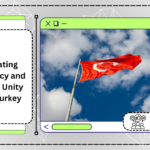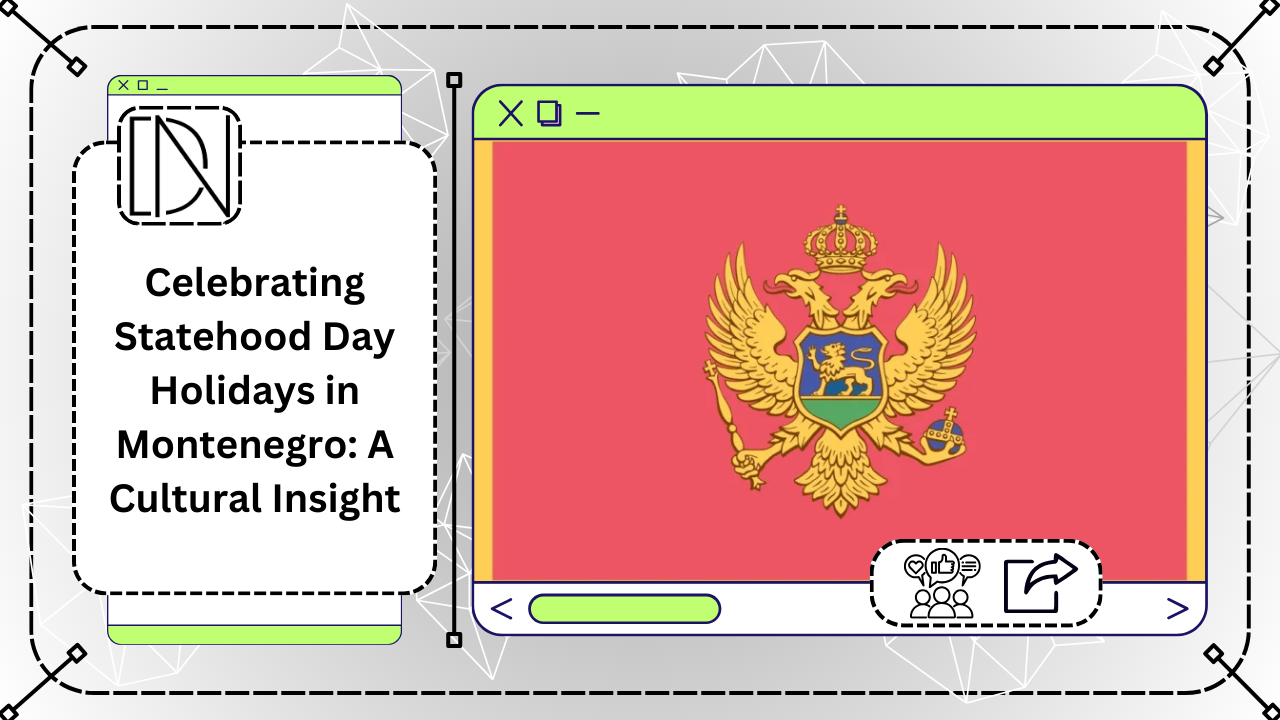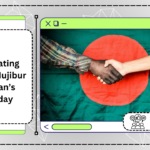Introduction to Statehood Day
Montenegro’s Statehood Day, celebrated on July 13th, is a significant national holiday that commemorates the country’s rich history and cultural heritage. This day marks two pivotal events: the recognition of Montenegro as an independent state by the Berlin Congress in 1878 and the start of the anti-fascist uprising in 1941. The dual importance of this holiday makes it a unique and deeply revered occasion for Montenegrins.
Historical Background
The roots of Statehood Day date back to the late 19th century when Montenegro gained international recognition as a sovereign state. This historic milestone was achieved during the Berlin Congress, a diplomatic meeting of the great powers of Europe. Fast forward to 1941, the second notable event commemorated on this day is the beginning of the anti-fascist resistance against Axis forces during World War II. Both events symbolize the resilience and indomitable spirit of the Montenegrin people.
Modern-Day Celebrations
On Statehood Day, Montenegrins across the country engage in various celebrations to honor their heritage. Public events, including parades, concerts, and cultural exhibitions, are organized in major cities and towns. These festivities serve as a reminder of the country’s journey towards independence and its struggle against oppression. Additionally, Montenegrins take this opportunity to reflect on their national identity and pay tribute to the heroes who played a pivotal role in shaping the nation’s history.
Conclusion
Statehood Day holidays in Montenegro are more than just a day off from work; they are a celebration of the nation’s enduring spirit and historical milestones. As Montenegrins gather to commemorate their past, they also look forward to a future filled with promise and unity. This special day stands as a testament to Montenegro’s rich cultural legacy and its continued journey towards progress and prosperity.












